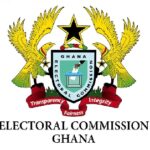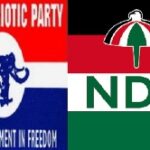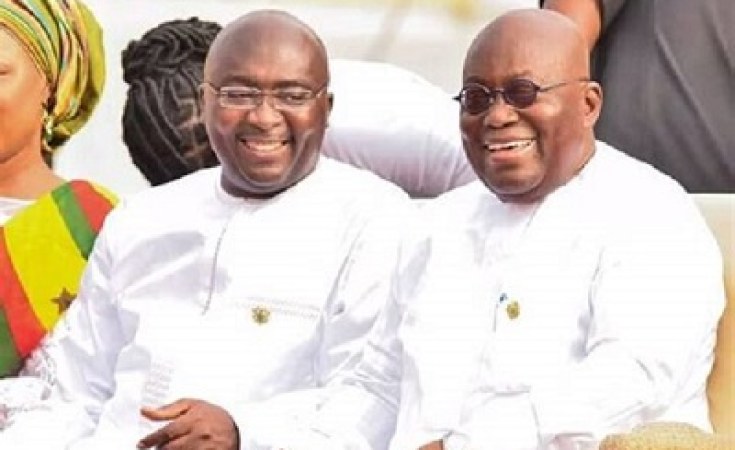President Akufo-Addo has condemned an unnamed pastor and others for engaging in tribal politics.
In a recent interview with BBC Africa and TV3, President Nana Akufo-Addo made a powerful statement. He condemned an unnamed pastor and other individuals for engaging in tribal politics. This, he said, could harm the peace and unity that Ghanaians have cherished for years.
Akufo-Addo also stressed the importance of avoiding religious conflict, especially in the lead-up to the 2024 election. He strongly advised religious leaders to refrain from promoting tribal divisions. His comments came after the National Democratic Congress (NDC) won the 2024 election, sparking these discussions.
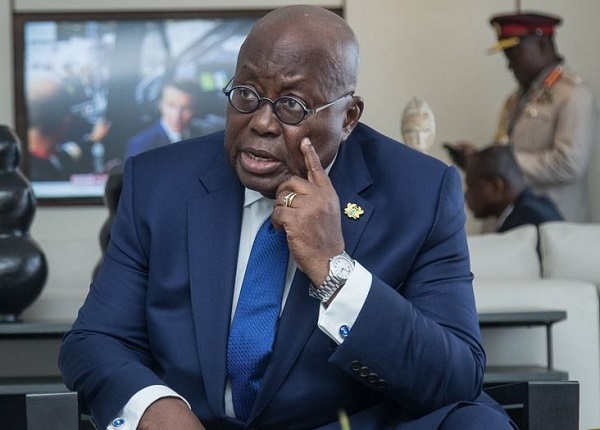
STOP TRIBAL POLITICS – Akufo Addo warns
President Akufo-Addo has condemned an unnamed pastor and others for engaging in tribal politics. He warned that such actions could disrupt Ghana’s long-standing peace.
In a recent interview with BBC Africa and TV3, President Nana Akufo-Addo made a powerful statement. He condemned an unnamed pastor and other individuals for engaging in tribal politics. This, he said, could harm the peace and unity that Ghanaians have cherished for years.
Akufo-Addo also stressed the importance of avoiding religious conflict, especially in the lead-up to the 2024 election. He strongly advised religious leaders to refrain from promoting tribal divisions. His comments came after the National Democratic Congress (NDC) won the 2024 election, sparking these discussions.
President Akufo-Addo’s Strong Stand Against Tribal Politics
During his conversation with BBC and TV3, Akufo-Addo expressed concern over growing tribal rhetoric in the country. He highlighted the role that religious figures, such as pastors, play in influencing public opinion. According to him, these leaders should avoid using their platforms to promote tribal or religious divisions.
Akufo-Addo’s comments specifically addressed a pastor who allegedly told his congregation not to vote for Dr. Mahamudu Bawumia, Ghana’s Vice President. The pastor’s reason was that Dr. Bawumia is a Muslim. In response, Akufo-Addo questioned, “Are Muslims not human beings?”
This statement sparked debate and raised significant questions about religious and tribal politics in Ghana. The President’s comments highlighted the potential dangers of mixing religion with politics, especially in a country that has prided itself on its peaceful coexistence.
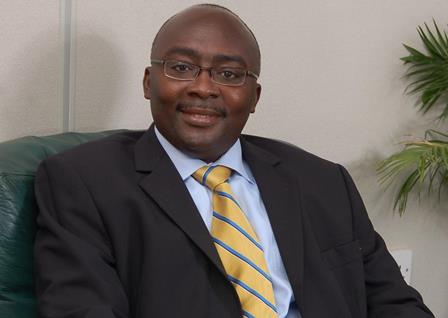
Dr. Mahamudu Bawumia
Vice President of Ghana
The Risks of Tribal and Religious Politics in Ghana
Ghana has long been a beacon of stability in West Africa, known for its peaceful elections and unity among different ethnic groups. However, the growing influence of religious and tribal rhetoric threatens this harmony. Akufo-Addo warned that allowing such sentiments to dominate could lead to divisions that undermine the peace that the country has enjoyed.
By labeling political candidates based on their religion or ethnicity, individuals risk creating unnecessary conflicts. Akufo-Addo emphasized that the country’s democracy should be based on merit, not religious or ethnic background.
He further stated that religious leaders should focus on spiritual matters, not engage in tribal politics. The influence of pastors and other religious figures cannot be underestimated, and their public statements can sway voters. The President called for unity and understanding, urging religious leaders to avoid becoming pawns in political games.
The Impact of Religion in Ghanaian Elections
Religion plays a significant role in Ghanaian politics, with both Christians and Muslims making up large segments of the population. Religious leaders often hold immense sway over their followers, guiding their opinions and actions. As a result, their influence can be crucial during elections.
However, when religious leaders involve themselves in politics, it can create tension. The call to avoid voting for Dr. Bawumia based on his Muslim faith is an example of how religion can be misused in political campaigns. This could polarize the electorate and potentially spark religious conflict.
In his comments, Akufo-Addo urged Ghanaians to resist the urge to vote based on religion or ethnicity. Instead, he stressed that elections should focus on the competence and abilities of the candidates. In a nation as diverse as Ghana, unity is key to ensuring free and fair elections.
The Importance of Peace and Unity in Ghana’s Elections
Akufo-Addo made it clear that Ghana’s long-standing peace should not be jeopardized for political gain. The country’s ability to peacefully resolve differences has been one of its greatest strengths. The President warned that any attempt to create division along tribal or religious lines could have serious consequences for national stability.
He called on religious leaders to focus on promoting peace and unity, rather than using their platforms to engage in divisive politics. Pastors and religious leaders must be mindful of the power they hold and the potential consequences of their actions.
The President’s remarks were particularly relevant following the NDC’s victory in the 2024 election. This victory has ignited passionate discussions about the future direction of the country. However, Akufo-Addo urged Ghanaians to rise above petty political divisions and prioritize national unity.
Conclusion: A Call for Responsible Leadership
In conclusion, President Akufo-Addo’s remarks serve as a reminder of the importance of responsible leadership in Ghana. Religious and tribal politics have the potential to cause lasting damage to the nation’s social fabric. As the 2024 elections approach, the President’s call for unity and peace should resonate with all Ghanaians.
Religious leaders, in particular, have a critical role to play in shaping the country’s future. They must choose whether to be a force for division or a source of peace and reconciliation. As Ghana moves forward, it is essential that the nation remains united, free from the dangers of tribalism and religious conflict.
